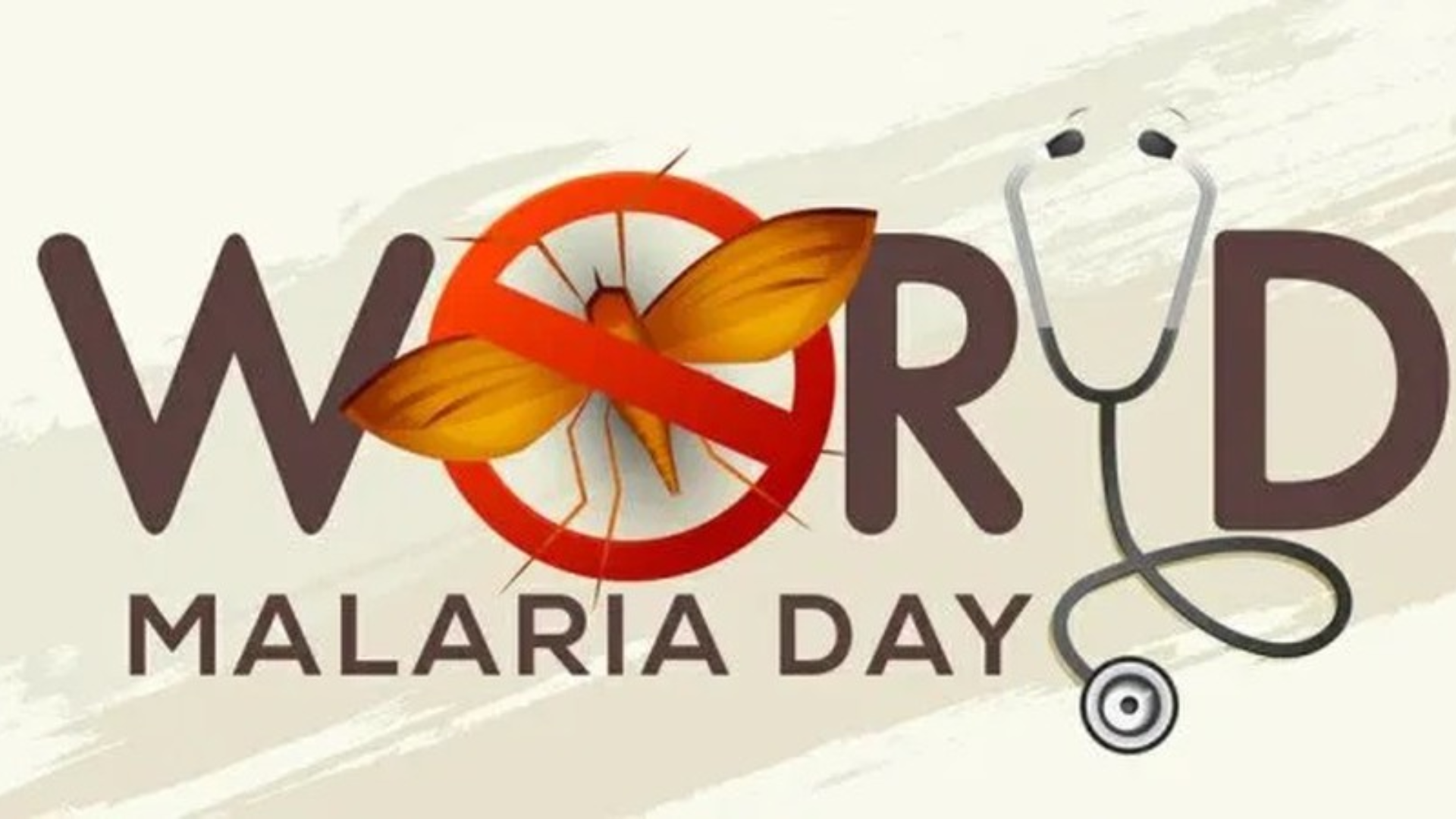Malaria, a severe and potentially fatal infectious disease transmitted by parasites of the Plasmodium genus through the bite of infected female Anopheles mosquitoes, remains a significant global health concern. Symptoms typically include fever, chills, headache, muscle aches, and fatigue.
Recognized annually on April 25th, World Malaria Day serves as a reminder to raise awareness and rally efforts towards controlling and eradicating this disease. Established by the World Health Organisation (WHO) in 2007, this observance sheds light on the worldwide impact of malaria and advocates for preventive actions.
To contribute to malaria prevention efforts, consider these ten tips:
1. Utilize mosquito nets: Sleep under insecticide-treated nets to shield against mosquito bites, especially during peak biting hours at night.
2. Apply insect repellent: Use repellents with DEET, picaridin, or oil of lemon eucalyptus on exposed skin, following the manufacturer’s instructions.
3. Wear protective clothing: Dress in long-sleeved shirts, pants, socks, and shoes to minimize skin exposure, particularly during dawn and dusk.
4. Limit outdoor activities during mosquito activity: Stay indoors during peak mosquito hours or use preventive measures when outdoors.
5. Remove standing water: Eliminate stagnant water sources around your home to prevent mosquito breeding.
6. Consider indoor residual spraying (IRS): Apply insecticides indoors to reduce mosquito populations.
7. Seek medical advice before travel: Consult a healthcare provider before visiting malaria-endemic regions to discuss preventive measures and necessary medications.
8. Take prescribed antimalarial medication: Follow your healthcare provider’s advice on medication dosage and schedule when traveling to high-risk areas.
9. Maintain cleanliness: Keep your surroundings clean to discourage mosquito breeding and habitat formation.
10. Stay informed: Stay updated on malaria risk levels and follow guidance from local health authorities to take appropriate preventive measures.
By adhering to these prevention strategies, individuals can contribute to the collective effort to combat malaria and protect public health.














